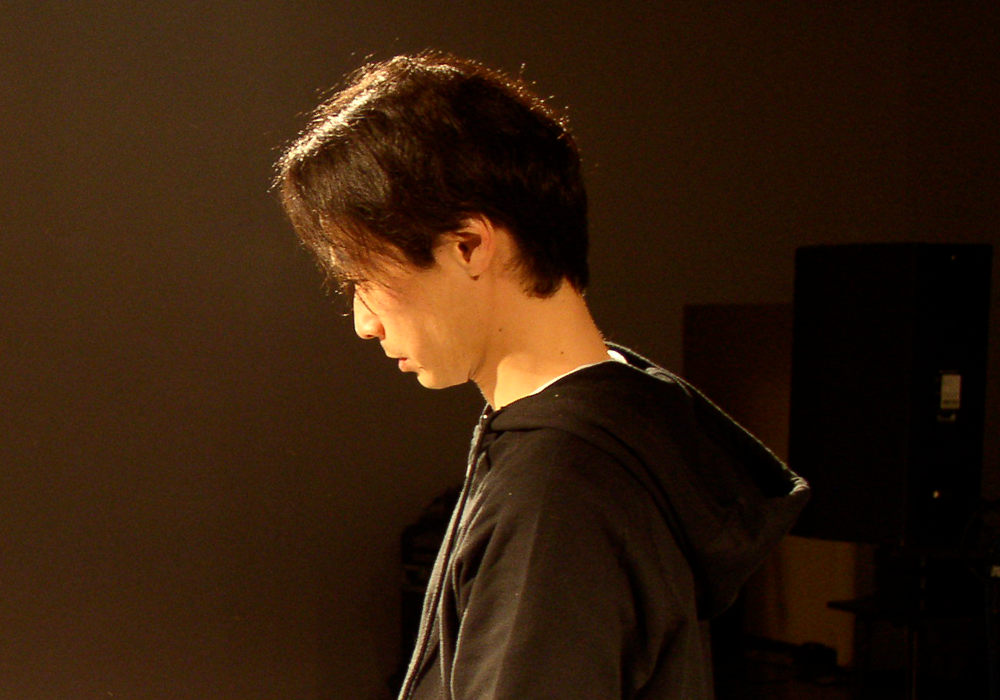
Formula [ver 1.1]
Ryoji Ikeda
Exploring the interplay between punk sinewave aggression, high-speed video sequences and stroboscopic lighting
Arika have been creating events since 2001. The Archive is space to share the documentation of our work, over 600 events from the past 20 years. Browse the archive by event, artists and collections, explore using theme pairs, or use the index for a comprehensive overview.

Exploring the interplay between punk sinewave aggression, high-speed video sequences and stroboscopic lighting
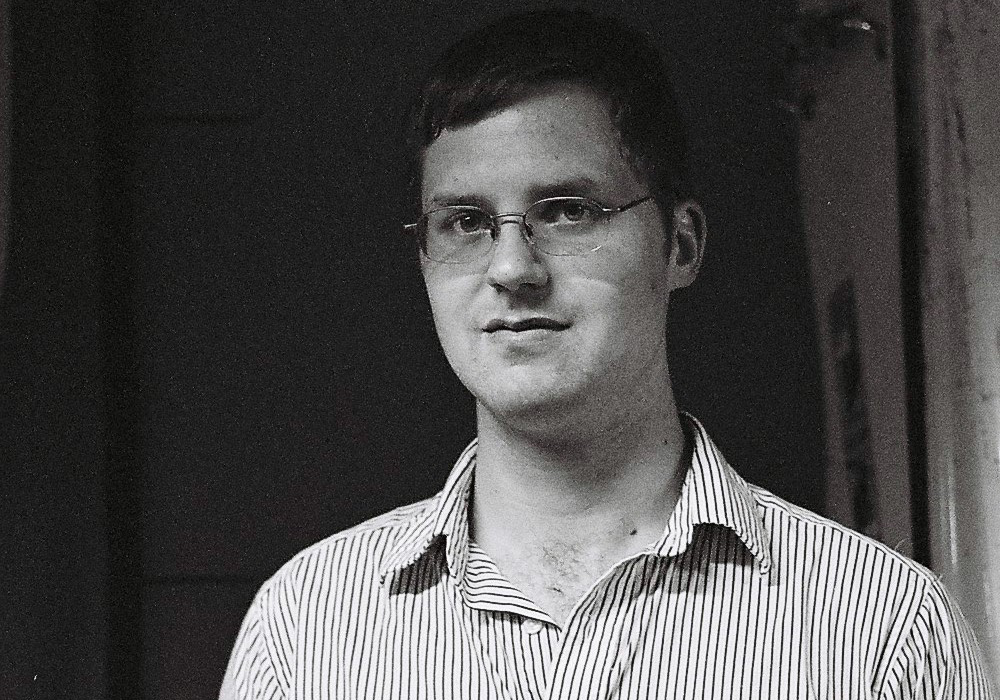
A sound of buzzing and flickering metallic drones, glottal stops and guttural growls, and also an explosiveness and purity of sound that reminds you as much of Bill Dixon as anyone else.

A performance by Storyboard P – one of the greatest Afrofuturist dancers on the planet.

Somewhere between performance, stripped down theatre and an intense kind of public learning or maybe even a public hearing.

Talk charting the radical history of experimental music in Japan + the lowdown into the careers of many of the artists appearing at MLFC.

Our favourite Lancashire-born autodictact asks what’s political about the tension between the individual and the collective in free jazz.
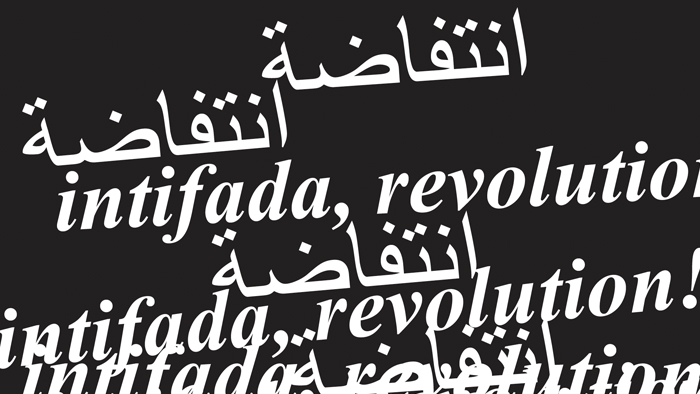
A workshop for educators, activists and young people to think about radical, anti-imperialist pedagogy, and what fighting for the Palestinian cause looks like for young people in the imperial core. PDF of the resource available soon.
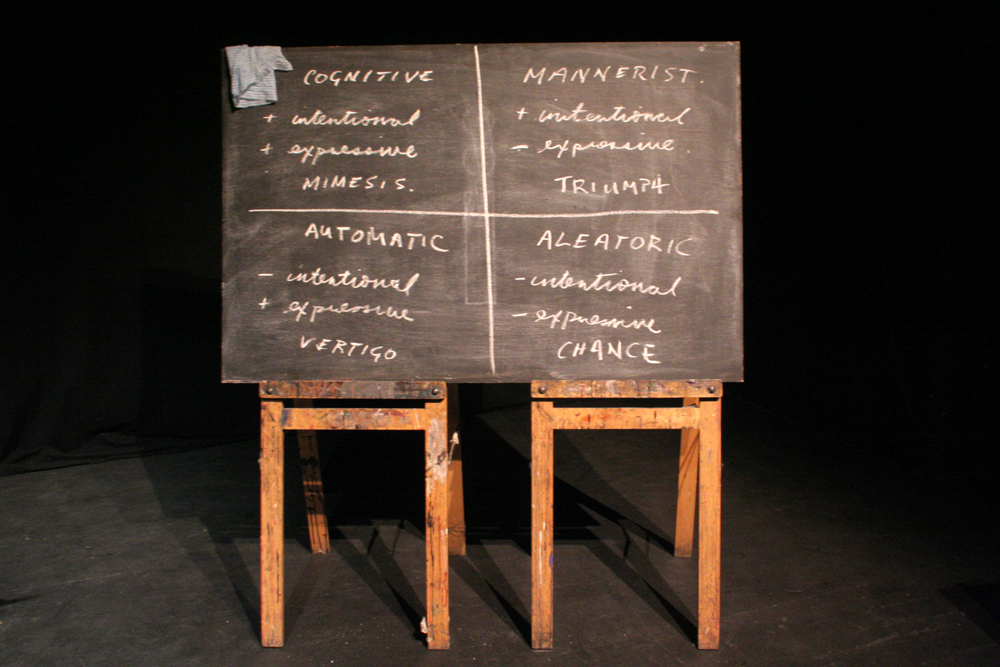
Christian Bök‘s work spans thrillingly conceptual poetry to body-shaking vocal performances.

Journalist and underground music champion Alan Cummings talks to Keiji Haino about his career and his performance the previous evening.

Paul Sharits is one of our all time heroes, and one of the great artist filmmakers of the 20th Century.

Julius’ “small music” features simple snatches of found sound, played back through small speakers, often set in bowls of pigment and dirt which shimmies in the vibrations.
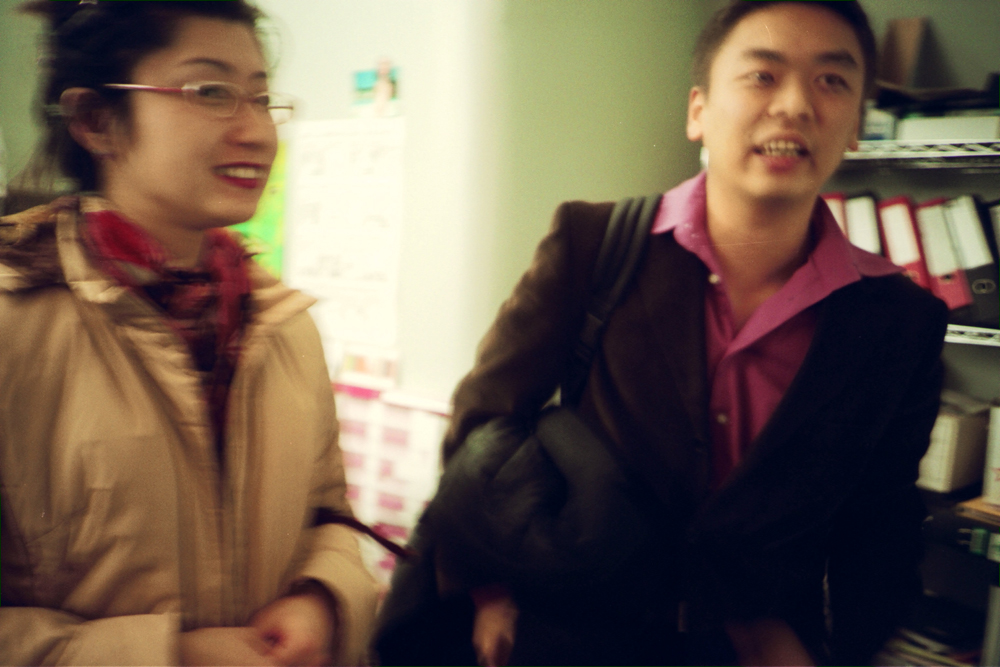
Work for cello, percussion, contra bassoon and cherbulum commissioned for Instal in collaboration with Paragon